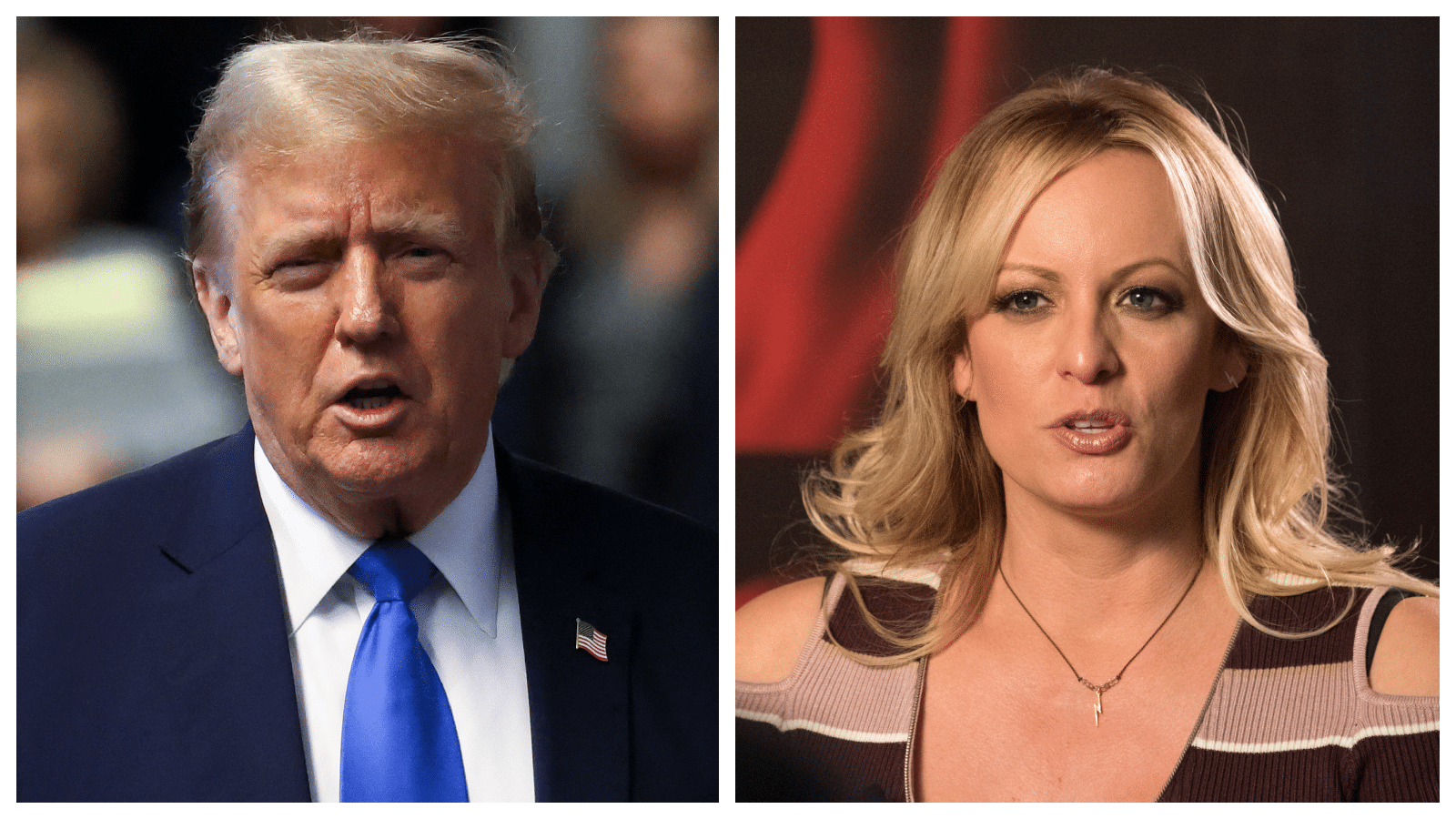OPINION: This article may contain commentary which reflects the author's opinion.
A leading CNN legal analyst has predicted that six alternate jurors will be necessary as the trial progresses in former President Donald Trump’s ‘hush money’ case.
During a segment on the network with host Anderson Cooper, Elie Honig remarked that the court would likely require a minimum of six alternates to account for potential scenarios such as illness or jurors becoming “spooked” or “freaked out” to the point where they cannot continue.
On the same day, the court seated 12 jurors and one alternate, with plans to select five more alternates the following day, reports said.
Honig noted that Judge Juan Merchan expedited the jury selection process, suggesting it bodes well for the trial’s efficiency.
Cooper then asked how many alternates Honig thought the trial might need.
“The law says you can have up to six. I think in this case, I would want all six because, look, we lost two seated jurors today,” Honig said. “Now, it gets harder legally once the jurors are sworn in. It gets much harder for a judge to release a juror. But jurors get sick. Jurors get freaked out. Some of them could be spooked by a social media post. So, they’re gonna need all six.”
Cooper then responded: “If jurors who are actually seated start to ‘freak out,’ as you say, and just try to get off, those alternatives would fill in. And if the alternates are exhausted…then you got a mistrial?”
Honig said that was true but added that although he did not believe all six would ultimately be needed, “we’re going to cycle through all six,” adding “that would be quite extreme.”
“But I would bet we’re going to lose one or two along the way. Whether someone gets Covid, someone sees something on the news that they’re not supposed to see — jurors do drop out once in a while,” said the former federal prosecutor-turned-analyst.
Two of the seven jurors previously seated were dismissed on Thursday due to concerns about potential media leaks of their identities.
This week, a legal panel exchanged views about the trial during a segment on CNN, discussing Manhattan District Attorney Alvin Bragg’s handling of the case so far, with one advising that the prosecutors need to “be careful.”
In particular, Bragg is destined for trouble if he tries to convict Trump based heavily on his association with the National Enquirer, the CNN panel agreed.
Honig, former Trump attorney Tim Panatore, and others deliberated in the hours following a second day of arguments in Trump’s hush money trial. Initially seeking Judge Juan Merchan’s approval to fine Trump for allegedly violating a gag order, prosecutors then presented former National Enquirer publisher David Pecker, who testified about a “catch and kill” strategy employed during the 2016 election to suppress damaging stories to Trump’s campaign.
The panel concurred that some of these stories, involving rumors of extramarital affairs and other sensational matters, might resonate in the tabloids but lack legal weight in court.
“There’s a risk for the prosecution because … a lot of this stuff is not criminal, and I disagree that some of this would be an in-kind campaign contribution because the Supreme Court’s holding in Citizens United did kind of move this outside of that,” Parlatore said according to the Daily Caller.
“And so if they spend too much time on this, especially right at the beginning, and an appellate court looks at it and say[s], ‘you’ve prejudiced this jury by presenting all this information that is salacious, amoral, but not criminal,’ then that is the type of thing that can improperly sway the jury to the other side,” he said.
During Tuesday’s segment of “Inside Politics with Dana Bash,” the panelists also predicted that Bragg and his team might jeopardize their case, which revolves around alleged fraudulent business records, if they attempt to sway the jury with sensational but tangentially related gossip stories.
“To me, this may actually turn out to be a misstep by the prosecution, by spending so much time on this when really this case is about the business record entries of the payments to Michael Cohen, which have nothing to do with any of this,” Parlatore added.
